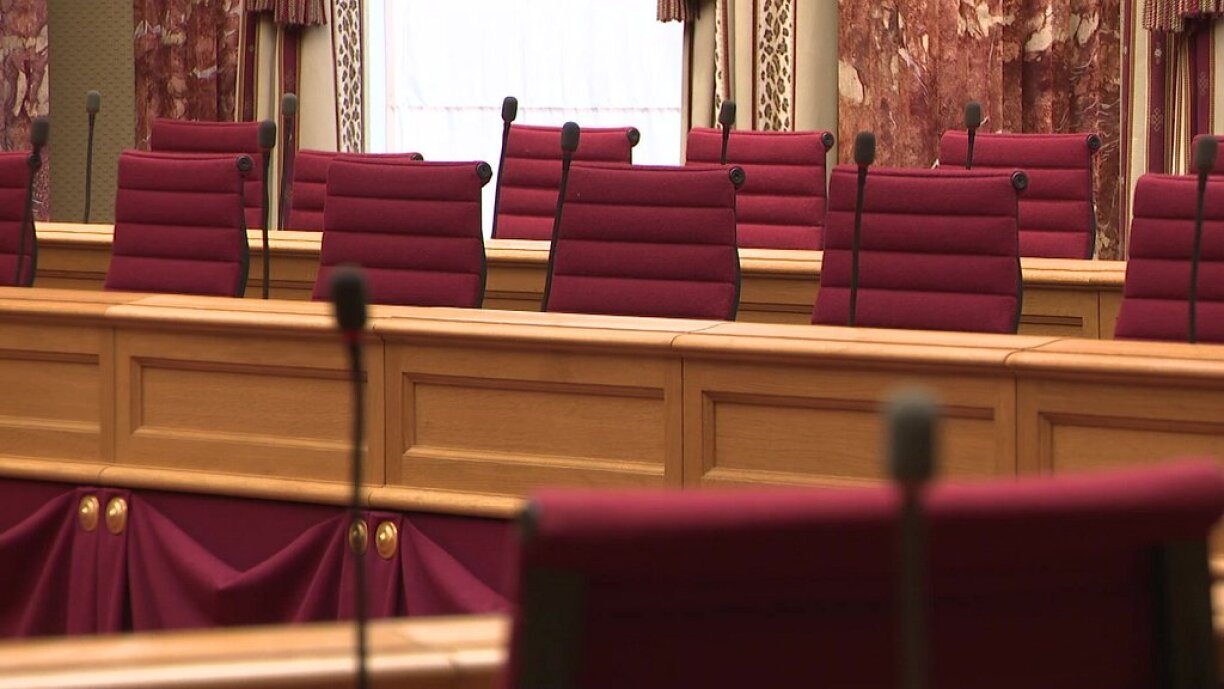
During the presentation of the state budget on Wednesday morning in the Chamber of Deputies, Pierre Jans also referred to a new political survey. If elections were held next Sunday, the Christian Social People’s Party (CSV) would lose four seats in Parliament, making it the biggest loser in the poll. That result comes as no surprise to David Wagner from the Left (déi Lénk):
“The CSV is paying the price for its disastrous policies. It feels as though this coalition is as exhausted after two years as the previous one was after ten. That’s because the government tried to push through a pension reform that nobody wanted, except perhaps private insurers and a small circle around Luc Frieden.”
He also accused the CSV of having disrupted social dialogue. Sam Tanson from déi gréng shares that view: “A lot of this is due to the way they handled relations with social partners. There was a certain lack of respect. The behaviour of the largest party in government has clearly been punished.”
Even the CSV’s own parliamentary leader, Marc Spautz, acknowledged that the timing of the survey – during a politically sensitive period – may have influenced the outcome. However, he defended the government’s record:
“This was mainly about social dialogue, the pension reform, and abortion. We couldn’t expect different numbers, since some decisions were bound to displease people. Now it’s up to us – as politicians and as the CSV – to respond to that. Our goal is to shape a social policy together with the people.”
The coalition partner Democratic Party (DP) performed slightly better in the poll, though it did not gain any additional seats. The party’s parliamentary leader Gilles Baum rejected any suggestion of discord within the coalition:
“I see no reason to suggest that we don’t stand behind the coalition. We entered into a five-year commitment with Prime Minister Luc Frieden, and there is no doubt that we intend to carry out that work consistently.”
Meanwhile, both the Luxembourg Socialist Workers’ Party (LSAP) and the Alternative Democratic Reform Party (ADR) would gain two additional seats. Taina Bofferding of the LSAP interpreted the result as both encouragement and criticism of the government:
“It’s support that should give us confidence. But it also shows that people are not satisfied with the government and expected something different from Prime Minister Luc Frieden – and that’s his problem.”
Fred Keup, leader of the ADR parliamentary group, expressed optimism: “You can feel that people out there are very satisfied with what we’re doing.”
As for the Pirate Party, Sven Clement saw a modest improvement despite losing one seat compared to the last election: “Last October, we wouldn’t have received any seats at all. Now we’re at least holding on to two, that’s progress.”